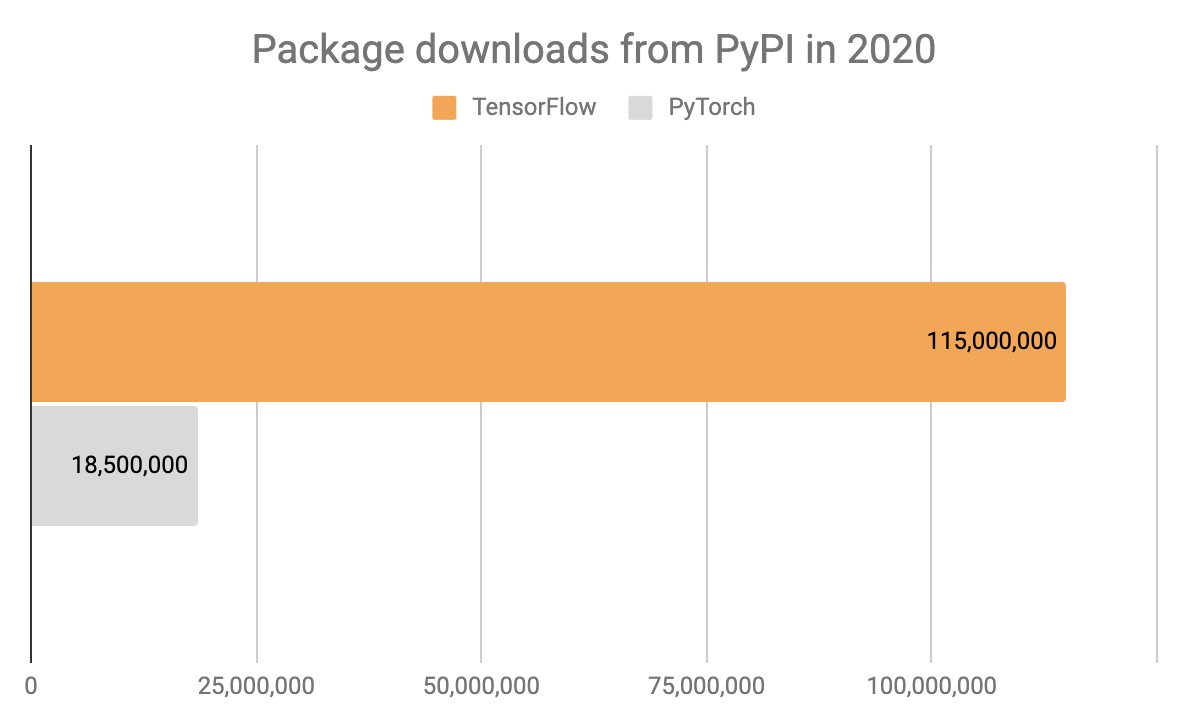
DALL-E is the kind of application that you'd expect deep learning to be able to pull off in theory (people have been building various early prototype of text-guided image generation since 2015) that becomes really magical when done at a crazy scale.
As usual with deep learning, scaling up is paying off.
In the future, we'll have applications that generate photorealistic movies from a script, or new video games from a description. It's only a matter of years at this point.
https://twitter.com/fchollet/status/1294413865610956800
One application that I hope someone will build within 15 years: high-fidelity renderings of your dreams from EEG recordings.
https://twitter.com/fchollet/status/475533363793498112
Something that is super tractable to build right now if you invest in the right dataset, and that would have a lot of practical value, would be a rendering aid for animated movies.
https://twitter.com/fchollet/status/917529514397253633
• • •
Missing some Tweet in this thread? You can try to
force a refresh




